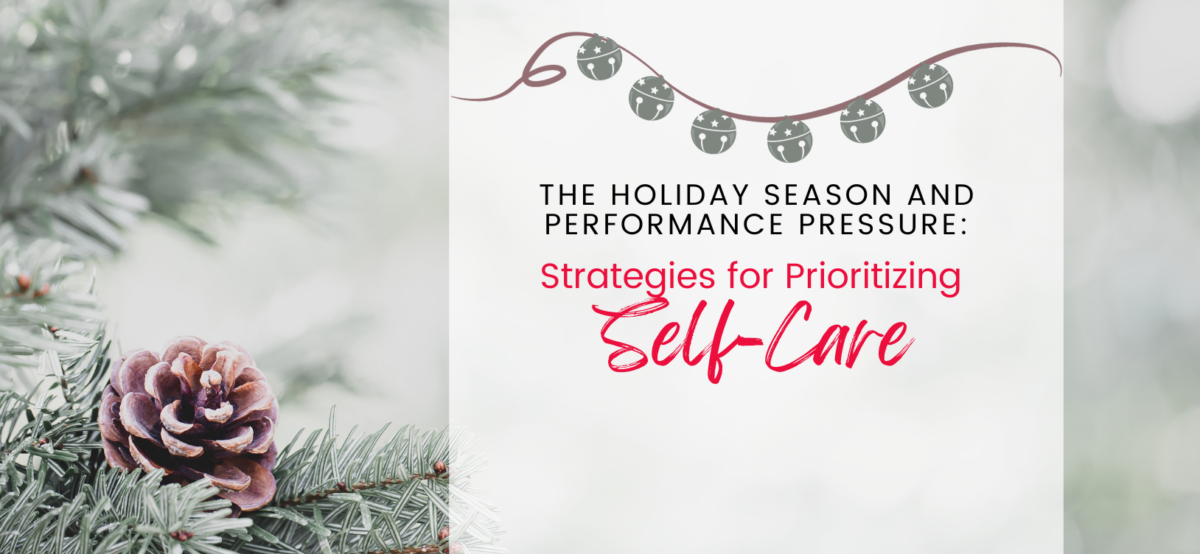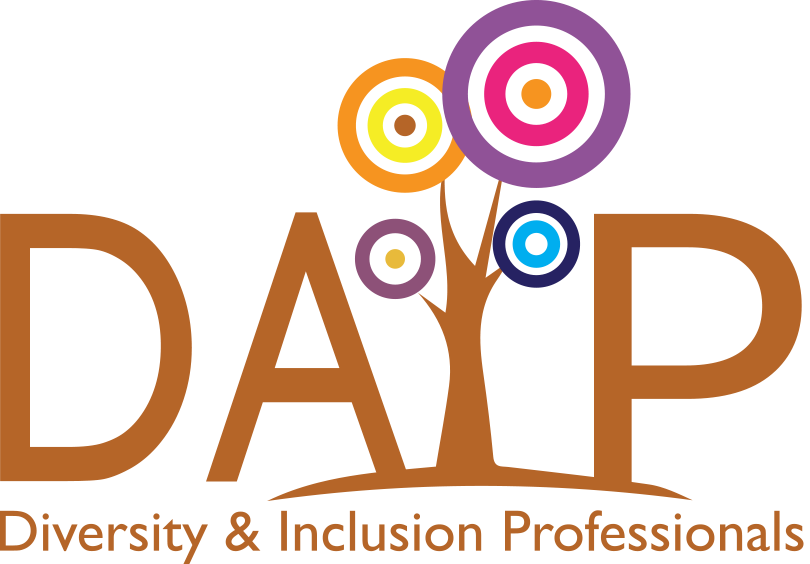
As the holiday season is upon us, many of us find ourselves balancing the demands of work, the excitement of celebrations, and the yearning for well-deserved rest. It’s a time of year that can be both joyous and stressful. For many, the workplace adds another layer of complexity through the lens of performance reviews and the expectation to excel, even in the face of holiday fatigue.
In this blog post, we’ll explore the often-overlooked negative aspects of merit-based performance reviews, and delve into the concept of radical self-care as a powerful antidote to maintaining balance and well-being during this hectic time.
The Merit-Based Evaluation System
Merit-based performance reviews have long been the gold standard for evaluating employee contributions and determining rewards, promotions, and recognition. At their core, these evaluations aim to reward excellence and motivate employees to perform at their best.
Benefits of Merit-Based Reviews
- They provide a clear structure for recognizing and rewarding high achievers.
- They can motivate employees to continuously improve their performance.
- They offer a sense of fairness and objectivity in the workplace.
The Dark Side of Merit-Based Reviews
While merit-based reviews have their merits, they are not without their flaws. The “dark side” emerges when merit becomes the sole yardstick for evaluating employees. Here are some of the negative nuances:
- Narrow Focus on Metrics
Merit evaluations often rely heavily on quantifiable metrics, such as sales figures, project completion rates, or customer satisfaction scores. While these metrics have their place, they can lead to a narrow focus on short-term, easily measurable outcomes. This can hinder long-term contributions, creativity, and innovation. - Stress and Burnout
The pressure to continually prove one’s merit can be exhausting and lead to stress and burnout. Especially during the holiday season, this pressure can intensify as individuals juggle work commitments with personal and family obligations. - Unintended Competition
Merit-centric environments can foster unhealthy competition among employees, where individuals prioritize personal recognition over collaboration and teamwork. This can harm the overall work environment and reduce collective value. - Disregard for Personal Circumstances
Merit-based evaluations may not take into account personal circumstances that affect an individual’s performance, such as health issues, family responsibilities, or external challenges. This can lead to unfair assessments. - Ignoring Non-Tangible Contributions
Employees’ immeasurable, non-tangible contributions, such as mentorship, knowledge sharing, and fostering a positive work culture, can be recognized in a merit-centric system. Yet, these contributions can significantly impact an organization’s long-term success.
- Narrow Focus on Metrics
Balancing Merit and Well-Being
As we navigate the holiday season and the demands of the workplace, it’s crucial to strike a balance between merit-based evaluations and holistic well-being. Here are some steps organizations can take to create a healthier work culture:
- Recognize Non-Tangible Contributions
Acknowledge and reward yourself for non-tangible contributions, such as mentoring, knowledge sharing, and promoting a positive work environment. - Encourage Self-Care
Promote self-care practices within the organization. Offer resources, workshops, and initiatives that support employees in prioritizing their well-being. - Embrace Flexibility
Advocate for flexibility in work arrangements, especially during the holiday season, to accommodate personal and family needs. - Promote Inclusivity
Ensure that performance evaluations are free from biases related to gender, race, age, or other factors. Create an inclusive environment where everyone has an equal opportunity to excel.
- Recognize Non-Tangible Contributions
Holiday Fatigue and Understanding Performance Pressure
The holiday season brings its own set of challenges to the workplace. The pressure to perform at peak levels can become overwhelming as we juggle festive preparations, family gatherings, and year-end work deadlines. Holiday fatigue sets in, and the desire for a well-deserved break clashes with the need to meet performance expectations.
However, for members of BIPOC (Black, Indigenous, and People of Color) communities, this time of year can also bring added stress due to the intersection of holiday expectations and workplace performance reviews. In this blog post, we’ll explore the importance of prioritizing self-care for BIPOC individuals during this challenging period and provide free strategies for centering self-care while navigating performance review pressure.
The holiday season often coincides with year-end performance reviews in many workplaces. This intersection can create a unique set of challenges and pressures for BIPOC employees, including:
- Expectations of Representation
BIPOC individuals may feel the weight of representing their communities positively in the workplace, potentially leading to added stress and the fear of being judged more harshly. - Unequal Assessments
Studies have shown that unconscious bias can affect performance evaluations, leading to BIPOC employees receiving lower ratings compared to their white counterparts, even when their contributions are equivalent. - Economic Stress
The financial strain of the holiday season, coupled with the desire to meet career advancement goals, can exacerbate stress and anxiety. - Imposter Syndrome
BIPOC employees may experience imposter syndrome, doubting their achievements and fearing they will be exposed as frauds during performance reviews.
- Expectations of Representation
Radical Self-Care as a Countermeasure
Amidst the hustle and bustle of the holidays, radical self-care emerges as a powerful countermeasure to combat the negative effects of merit-centric evaluations and holiday fatigue. Radical self-care goes beyond occasional spa days or vacations; it’s about prioritizing your well-being and mental health as an ongoing practice.
Here are some strategies for embracing radical self-care during the holiday season:
- Set Boundaries
Establish clear boundaries between work and personal life. Communicate your availability to colleagues and supervisors and stick to those boundaries. - Practice Mindfulness
Incorporate mindfulness techniques into your daily routine. Take moments to breathe deeply, focus on the present, and release stress. - Self-Reflection
Regularly reflect on your personal and professional goals. Are they aligned with your values and well-being? Adjust your priorities as needed. - Seek Support
Don’t hesitate to seek support from friends, family, or professional counselors if you’re feeling overwhelmed. It’s a sign of strength to ask for help. - Embrace Imperfection
Perfection is often unattainable, especially during the holiday season. Embrace imperfection and recognize that it’s okay not to simultaneously excel in every aspect of life.
- Set Boundaries
Prioritizing Self-Care
Here are some free strategies for BIPOC individuals to prioritize self-care during the holiday season:
- Boundaries: Set clear boundaries with family and friends. Communicate your needs and limitations honestly and assertively. Remember that it’s okay to say no when necessary.
- Mindfulness and Meditation: Practice mindfulness and meditation to help manage stress and stay grounded. There are numerous free apps and online resources available to get you started.
- Community Support: Seek support from community organizations or groups that understand the unique challenges faced by BIPOC individuals during the holidays.
These spaces can provide valuable emotional support.
- Creativity and Expression: Engage in creative activities that allow you to express your thoughts and feelings, such as writing, drawing, or crafting. This can be a therapeutic way to process emotions.
- Cultural Connection: Connect with your cultural heritage in a way that feels meaningful to you. Whether it’s through cooking traditional dishes, listening to music, or practicing cultural traditions, this can help ground you in your identity.
- Gratitude Journaling: Keep a gratitude journal to focus on the positive aspects of your life. Reflecting on what you’re grateful for can improve your overall well-being.
- Physical Activity: Incorporate regular physical activity into your routine. Exercise is a great way to relieve stress and boost your mood.
- Virtual Connections: If you can’t be with loved ones in person, stay connected virtually. Schedule video calls or virtual gatherings to maintain social connections.
Conclusion
The holiday season should not be a time of added stress and pressure in the workplace. By unmasking the dark side of merit in performance reviews and prioritizing radical self-care, individuals, and organizations can find a healthier and more balanced way to navigate this festive time of year. Remember that true value extends beyond measurable metrics, and well-being should always be at the forefront of our personal and professional lives.
As we enter the holiday season, let’s take this opportunity to redefine our approach to success, recognizing that it’s not just about what we achieve but also how we care for ourselves and those around us.
Written by Vanessa Vigil, BA, EMHL
Belonging and Equity Coordinator, Lifespan Belonging & Equity
Treasurer, DAIP Board of Directors

